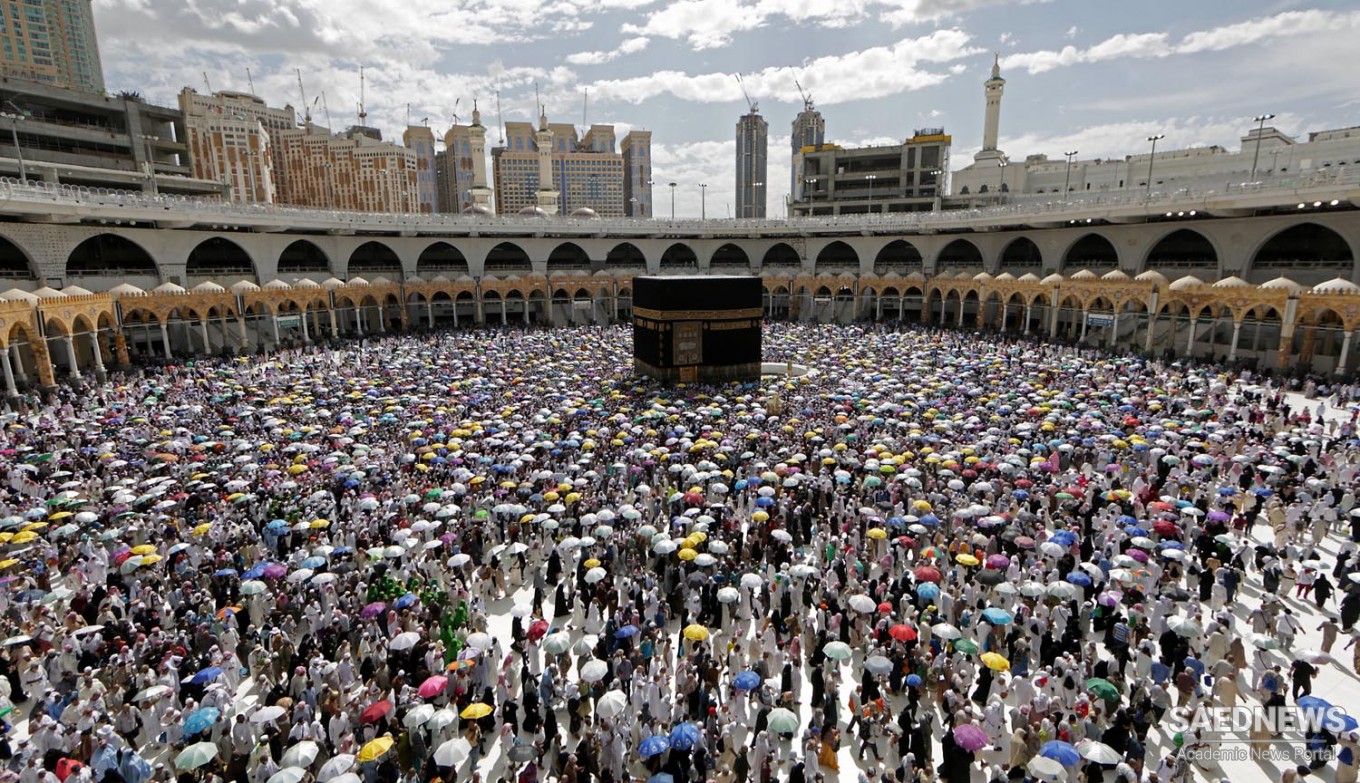Central to pilgrimage is the view that the pilgrim is on a spiritual quest in search of meaning (often simply described as ‘the quest’), but in archaic pilgrimages this was not always so. For example, oracles and festivals in Hellenic times are sometimes described in the literature as constituting pilgrimage, but many of these events were also times of celebration, such as during the games at ancient Olympia. While modern society may evince an increasingly secularized world, many commentators emphasize that we live in a re-sacralized world with a blurring of spirituality between the religious and secular domains. Traditional religious pilgrimage is far from diminishing in popularity with age-old centres such as Rome, Jerusalem and Lourdes still attracting the faithful, with newer sites such as Medjugorje and Sri Sathya Sai Baba’s palatial Ashram at Puttaparthi in India, proving to be popular pilgrimage sites today. A veritable cornucopia of secular pilgrimages abounds, far too numerous to cover in detail in this chapter. This chapter suggests that there are two groups of modern secular pilgrims: those who still claim traditional religion as meeting their spiritual needs but for whom the journey fulfils a deep personal meaning, and those who could loosely be grouped under the broad ‘New Age’ banner. Much has been written on the New Age, and suffice it to say that much of the 1970s counterculture has been absorbed into many mainstream activities so that the term itself is somewhat misleading. New Age followers emphasize transformation of the Self, which Heelas calls ‘selfspirituality’, with an emphasis on the experiential and looking within for an inner spirituality. In today’s consumer society, religion is just another marketable commodity or meaning system, with individuals being able to choose packaged meaning systems, with ‘Buy this product and change your life’ being a common marketing theme. McColl called this ‘spiritual smorgasbording’, while Solomon views it as ‘spiritual promiscuity’. Caplan sees seeking spirituality as a fad and ‘a commodity that is bought and sold for millions of dollars, an identity, a club to belong to, an imagined escape’. All pilgrims share the common trait in that they are searching for, and expect also to be rewarded with, a mystical or magico-religious experience – a moment when they experience something out of the ordinary that marks a transition from the mundane secular humdrum world of our everyday existence to a special and sacred state. The moment may be fleeting so that many may not even instantly recognize what has occurred, but perhaps only afterwards when back in their quiet, crowd-free hotel room, and reflecting on their experiences will they realize that they have experienced an encounter with the Other. These experiences can be described in any number of ways, such as transformation, transcendence, life- and/or consciousness-changing event, hierophany, enlightenment and so on, but words seem somewhat inadequate to describe experiences that often are not amenable to reason. Brainard categorizes these mystical experiences as a spiritual awakening, notable because they are both profound and extraordinary. Again, many of the descriptive terms used flow from the literature on traditional religious pilgrimage, and thus the suggested definition of pilgrimage used in the title of this chapter, journeys redolent with meaning, is preferred as it allows secular pilgrimage to be accorded similar status to religious pilgrimage. ‘Magical experiences’ are commonly used to describe many of today’s experiences that stand out as unforgettable, memorable moments and thus the proposed definition broadens the scope of the word ‘pilgrimage’ and all that it denotes. Also worthy of discussion at this point is the term ‘spiritual’, which is often associated with the pilgrimage experience. Definitions of spiritual or spirituality very often see this as the sole preserve of religion, pertaining to things that are not worldly or material. However, secular pilgrimage journeys largely fall outside this ambit, for example shopping pilgrimage (e.g. Mall of America) and visits to iconic tourist attractions such as historic battlefields (e.g. Culloden), Graceland and New Age Meccas such as Glastonbury and Sedona. Often the experience is not easy to characterize except by the individual stating that it was ‘something special’, standing out as a marker against which all such similar experiences will be measured during the course of one’s lifetime.


 Spirituality and Human Quest for Values and Meaning
Spirituality and Human Quest for Values and Meaning














































